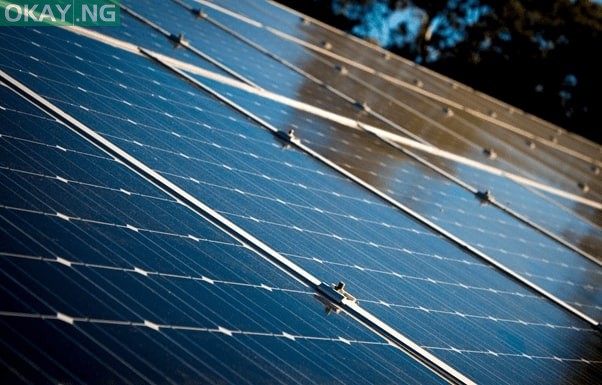The Renewable Energy Association of Nigeria (REAN) has voiced strong opposition to the Federal Government’s plans to impose a ban on the importation of solar panels. This move, intended to bolster local manufacturing, has been met with significant concern from industry stakeholders, who warn of potential disruptions and economic setbacks.
“A sudden ban on solar panel imports could severely hinder the progress we’ve made in expanding access to clean energy,” a spokesperson for REAN stated. “While we support the development of local manufacturing, it must be done strategically to avoid crippling the sector.”
The crux of REAN’s argument lies in the current capacity of Nigeria’s local manufacturing to meet the nation’s growing demand for solar energy solutions. Industry experts highlight that immediate import restrictions could lead to supply shortages, increased prices, and a slowdown in the adoption of renewable energy technologies.
The goal to promote local manufacturing is a noble one, but it must be executed with a phased strategy that allows for a smooth transition. Rushing into a full-scale ban could have unintended consequences, potentially stalling the momentum gained in the renewable energy space. A balanced approach is crucial.
The proposed ban comes at a critical juncture as Nigeria strives to diversify its energy mix and reduce its reliance on fossil fuels. The solar energy sector has witnessed substantial growth, driven by both residential and commercial demand. However, the industry remains heavily reliant on imported solar panels and components.
Read Also: Customs Implement Import Taxes Exemption on Pharma Inputs
“We need a clear roadmap that outlines how local manufacturing can be scaled up to meet demand without disrupting the market,” REAN emphasized. “This includes addressing issues related to financing, technology transfer, and quality control.”
The association advocates for a collaborative approach between the government, industry players, and financial institutions to create an enabling environment for sustainable local manufacturing. This includes providing incentives for investment in local production, fostering research and development, and ensuring adherence to international quality standards.
The implications of this potential ban extend beyond the energy sector, impacting various industries that rely on reliable and affordable power. Small and medium-sized enterprises (SMEs), which are crucial to Nigeria’s economy, could face significant challenges if the cost of solar energy solutions rises.
The need for a well-thought-out energy policy that balances local manufacturing with the immediate needs of the market is paramount. REAN’s concerns underscore the importance of a phased transition, ensuring that Nigeria’s journey towards sustainable energy is both progressive and economically viable.












